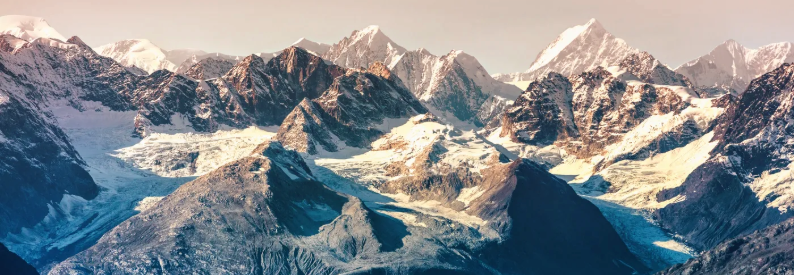Alaska’s Trade Tactics Threaten B.C. Tourism

In the midst of an increasingly bitter trade war between Canada and the United States, Alaska is considering measures that could significantly impact British Columbia’s tourism industry. During a talk radio interview, Alaska’s U.S. Senator Dan Sullivan floated the possibility of applying for an exemption from the law that requires cruise ships heading to Alaska from the lower 48 states to stop in Canadian ports. If Congress were to pass an exemption law or the president were to issue an executive order in favor of this measure, it could result in cruise ships bypassing Canadian ports, an action that Sullivan claims would cost British Columbia “billions” in lost revenue.
Senator Sullivan warned that such a move is not without serious risks, emphasizing that it could spark further tensions between the two neighbors. “It is a bit of a dangerous game,” he stated, adding that if Canada were to be antagonized, Alaska would work diligently to have its cruise ships avoid stopping at Canadian ports, thereby bolstering Alaska’s own tourism and economic benefits. This statement highlights the high stakes of the current dispute, as both regions rely heavily on cruise tourism to support local businesses and communities.
The proposal draws on recent precedent when, during the pandemic, international travel restrictions led Alaskan cruises to bypass Canadian ports. At that time, U.S. Senator Lisa Murkowski argued that making such a change permanent could give Alaska a boost in tourism. However, the current situation is more complex as it involves not only temporary travel adjustments but also the potential reshaping of long-standing agreements that have traditionally benefited Canadian ports such as those in British Columbia. Cruise lines have long viewed the mandated stop in Canada as a vital part of their itineraries, and any disruption could force a dramatic shift in regional cruise routes and revenue flows.
Beyond the looming cruise fee issue, Alaska’s tourism sector faces additional challenges. The state’s National Parks, a major draw for visitors, are confronting significant budget cuts that threaten the level of service and maintenance at these iconic sites. Lee Hart from the Alaska Outdoor Alliance expressed concerns that reduced funding and staffing could lead to the closure of facilities or a diminished quality of services. He warned that public land managers, when faced with reduced resources, might be forced to make hard decisions that could negatively impact the visitor experience and, in turn, affect tourism revenue across the state.
The combined pressures of potential policy shifts regarding cruise ship routes and the financial strain on National Parks underscore a critical moment for Alaska’s tourism industry. As the debate over exemptions from the mandatory stop in Canadian ports continues, both Alaska and British Columbia are watching closely, aware that any changes in policy could reverberate widely across the region. The outcome of these negotiations will likely determine whether Alaska’s strategic moves can strengthen its own tourism sector without triggering unintended consequences for neighboring British Columbia. For now, the trade war remains a contentious issue with high economic stakes, and the future of cruise tourism in the region hangs in the balance as government officials and industry leaders work to navigate these turbulent waters.
Related News : https://suspicious-zhukovsky.67-21-117-18.plesk.page/category/cruise/
